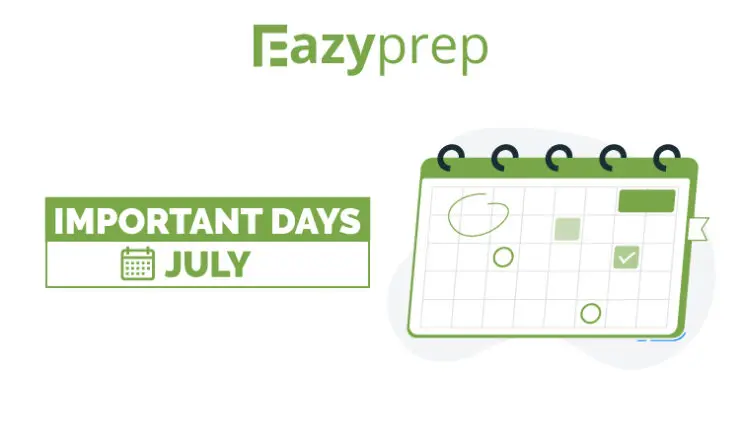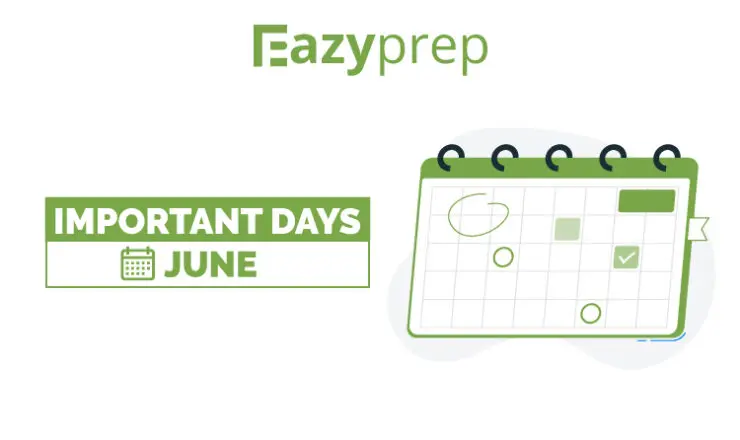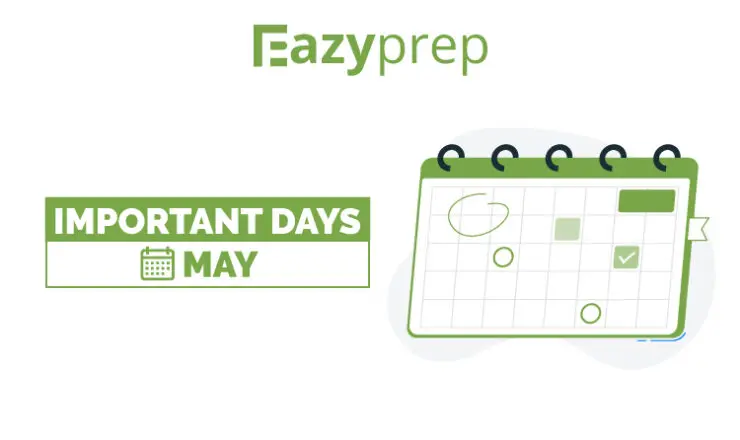![]()
 What will you learn from this article?
What will you learn from this article?
- The difference between phrasal verbs and idioms
- The usage of phrasal verbs and idioms
- List of some important phrasal verbs and idioms
 ExamConnect
ExamConnect
Phrasal verbs and idioms often feature in entrance exams as Fill in the Blanks questions, as well as Sentence Correction questions. If you know them well, they can win you some easy marks!
Phrasal Verbs and Idioms
Phrasal verbs and idioms, often identified as same are actually distinguishable grammatical syntaxes. Though they are not vastly removed in terms of their definition or usage, and, might be on rare occasions interchangeable, there lie fine lines of differences between them.
What are Idioms and Phrasal Verbs?
- Phrasal verbs: Verbs, either followed or preceded by prepositions or adverbs are known as phrasal verbs. These are called phrasal verbs because in conjunction with the prepositions/adverbs they make up a phrase. For example, ‘cry down’ (depreciate).
- Idioms: Idioms are expressions or phrases that are characteristic or peculiar to a language. For example, ‘dead as a doornail’ (lifeless). Idioms capture the essence of a language and define the very ethos of it. Hence, idioms cannot be translated into other languages, these expressions are usually lost in translation or replaced by an expression that comes closest to these in other languages.
What are the differences between Phrasal Verbs and Idioms?
The difference between phrasal verbs and idioms, thus, can be concluded as their difference in their capacity to be translated to another language. However, some phrasal verbs take up an idiomatic sense which makes them equally difficult to translate and rendering them characteristic of the specific language. This leads us to the inference that phrasal verbs can often qualify as idioms but idioms can never be phrasal verbs. A major point of similarity, however, lies between the two that their meanings are almost all the time different from their constituent words.
Some Common Idioms and Phrasal Verbs
Listed down below are some idioms and phrasal verbs that will aid further understanding of the two concepts and their usages in sentences better.
Get into the lion’s den (idiom)
Meaning: to take up a task of great risk or difficulty
Usage: Facing Australian bowlers on an international pitch is like getting into the lion’s den for the Indian batsmen.
Crying over spilt milk (idiom)
Meaning: Regretting or worrying over past events
Usage: We have lost the game by a high margin, there is not point crying over spilt milk.
Knocked about (phrasal verb)
Meaning: Wandered around
Usage: He is familiar with the ways of the world; he has knocked around places a great deal.
Laid out (phrasal verb)
Meaning: Invested
Usage: He laid out a large sum of money in the property shares.
Build castles in the air (idiom)
Meaning: Making plans that have no chances turn to into reality
Usage: Daydreaming won’t realize your ambitions, it is like building castles in the air.
Hit the nail on the head (idiom)
Meaning: Getting something absolutely correct
Usage: With ample evidence to sustain his claims the detective solved the crime, he hit the nail on the head.
Made over (phrasal verb)
Meaning: Presented or donated
Usage: Mr. Shukla made over his bungalow to the orphanage.
Put up with (phrasal verb)
Meaning: To tolerate
Usage: It is becoming extremely difficult to put up with his angry temperament.
Hold one’s horses (idiom)
Meaning: To be patient
Usage: You’ve just been shortlisted. Hold your horses until you get selected for admission.
From the cradle to the grave (idiom)
Meaning: The span of a lifetime
Usage: This health insurance covers all medical expenses from the cradle to the grave.
Speak out (phrasal verb)
Meaning: To voice one’s opinion or concern
Usage: Everybody needs a safe space to speak out.
Take up (phrasal verb)
Meaning: Occupy
Usage: The piano takes up a lot of floor space in the drawing room.
Come what may (idiom)
Meaning: No matter what happens
Usage: We will stand strong as a team, come what may.
A long face (idiom)
Meaning: A sad facial expression
Usage: What’s the matter, why the long face?
Turn up (phrasal verb)
Meaning: Appear
Usage: Rakesh promised to come to the party but, he never turned up.
Talk over (phrasal verb)
Meaning: Discuss
Usage: This is a serious matter that needs to be talked over at a great length.
Keep one’s chin up (idiom)
Meaning: To keep trying
Usage: Don’t let failures dishearten you; keep your chin up and work hard.
Jump to a conclusion (idiom)
Meaning: To judge hastily
Usage: Wait for the reports to come, do not jump to a conclusion.
Work up (phrasal verb)
Meaning: Excited
Usage: This politician’s statement is sure to work up the mob.
Go through (phrasal verb)
Meaning: Suffer or struggle
Usage: This poor woman has gone through a lot.
Think outside the box (idiom)
Meaning: Thinking differently or unconventionally
Usage: He has spent his entire life following a routine, one cannot expect him to think out of the box.
Dribs and drabs (idiom)
Meaning: Small, irregular quantities
Usage: The money for the charity is coming in dribs and drabs.
Put out (phrasal verb)
Meaning: Extinguish
Usage: Please, put out the candle.
Set in
Meaning: Begin
Usage: Winter in India sets in about in December.
Like greased lightning
Meaning: Very fast
Usage: As soon as his work was assigned to him, he started at it like greased lightning.
Idioms and phrasal verbs for writing enhancement
If you have a written aptitude test in your entrance exam, phrasal verbs and idioms are perfect for you! Phrasal verbs and idioms are used in the art of effective writing and substantiating regular sentences with rhetoric. A time-to-time dosage of idioms and phrasal verbs hones writing skills and increases grasp over the language. They are also extremely pertinent to people who are enthusiastic in learning a language and using it as the natives do, and since idioms and idiomatic phrasal verbs carry within them the niches and syntactical subtleties of a language it is of utmost importance not to leave them out when trying to master any language.
Fun Facts!
- Some idioms like “dead as a doornail” were coined by Shakespeare. This particular idiom was first used in his play Henry IV, Part II.
- Phrasal verbs like ‘to hope against hope’ first appeared in The Bible, and have now become a part of modern English.
Gif Source: Giphy


